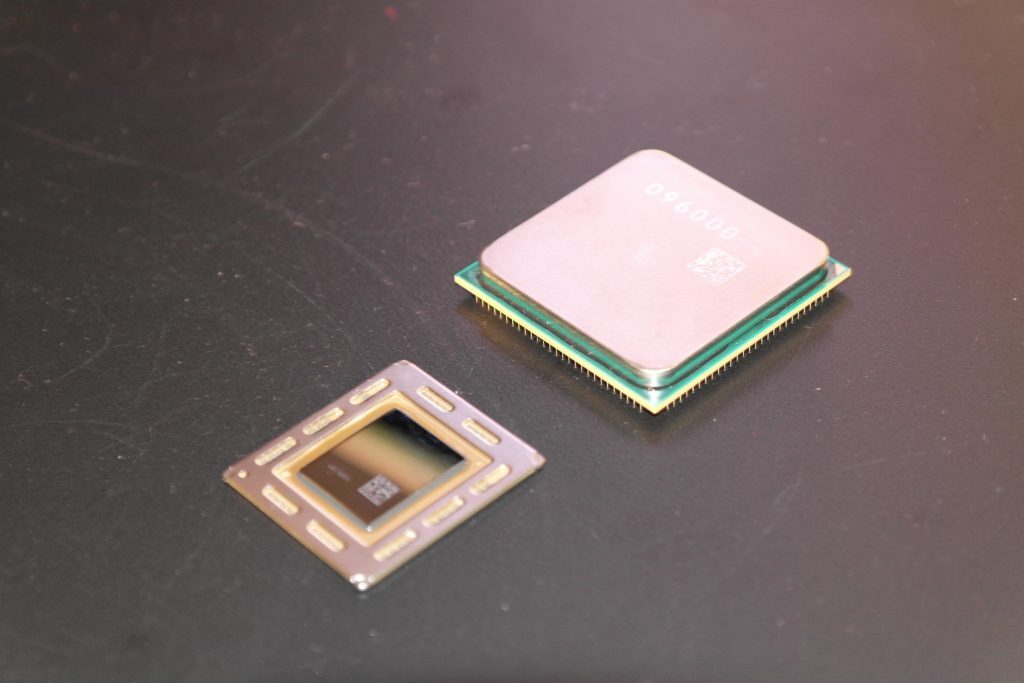Over the last few months, reports of a microchip shortage have bombarded social media feeds of all types and sizes. The world is undergoing an extreme semiconductor shortage, and it’s not getting any better, according to new reports.
Full lowdown of the semiconductor situation
Why does it affect you? Well, if it has a battery or a plug, it’s probably fitted with some sort of microchip. The same goes for cars and pretty much any electronic device you can think of. This means the shortage will inevitably affect the production and sales of tech in general across the globe.
What caused it? An amalgamation of various reasons. A perfect storm of sorts.
According to analysts who have been tracking the lack of chips, the deficit is because of an increase in cloud computing and cryptocurrency mining. In addition to these, they fault companies who have started putting microchips into just about any old household item, like fridges, doorbells, kettles and toasters.
Now, however, it looks like the semiconductor supply could continue suffering severe shortages well into 2023. “We are looking at couple of years… before we get enough incremental capacity online to alleviate all aspects of the chip shortage,” IBM President Jim Whitehurst told the BBC, according to Business Insider.
Glenn O’Donnell, a vice president at Forrester Research concurs, writing: “Because demand will remain high and supply will remain constrained, we expect this shortage to last through 2022 and into 2023… We see nothing but boom times ahead for chip demand.”
Read More: Semiconductor shortage to continue into 2022
Not everyone is as dry as O’Donnell about the deficiency, though. Those people are the same as those who make most of the world’s semiconductors. Taiwan Semiconductor Manufacturing Company (TSMC), the largest chipmaker in the world, is convinced the industry will start seeing ‘normal’ levels of stock later this year.
Plurimi Investment Managers CIO Patrick Armstrong says industries should brace for at least another 18 months of shortfalls. “It’s not just autos. It’s phones. It’s the internet of everything. There’s so many goods now that have many more chips than they ever did in the past,” he says.




